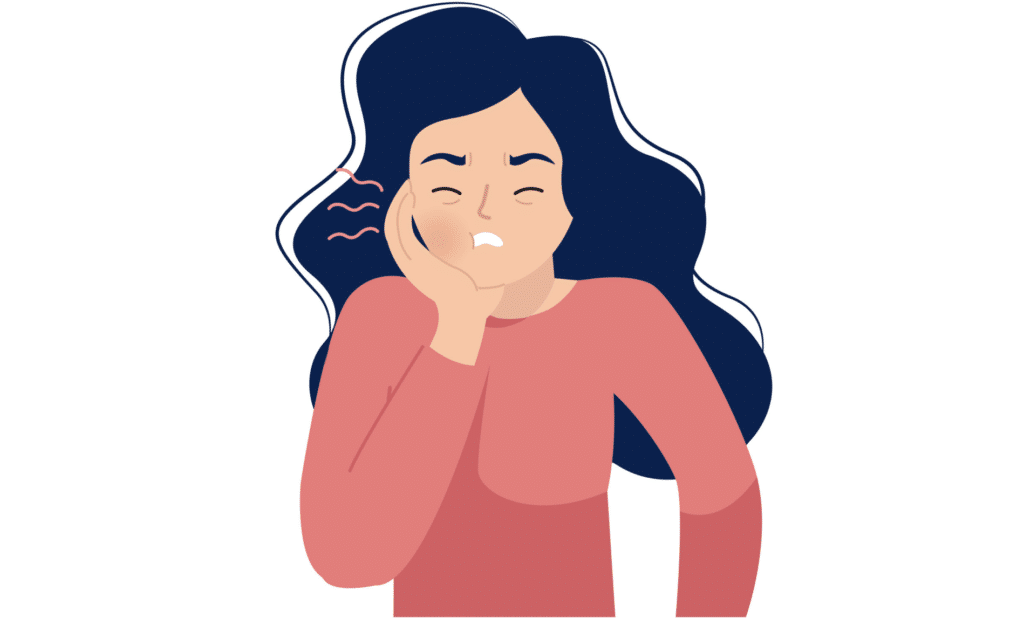
THE BOTTOM LINE
- Sleep bruxism is a parasomnia that causes you to grind your teeth at night
- It is very bad for your teeth health
- Relaxation techniques can help reduce your nightly teeth grinding
Sleep bruxism describes nightly teeth grinding or clenching of the jaw. It is a non-REM-related parasomnia, meaning that it occurs during the first three stages of your sleep cycle.
How common is sleep bruxism?
Sleep bruxism can often go undetected because it’s not usually disruptive enough to wake you or your housemates, so it’s hard to gauge how common it really is.
Research has shown up to 8-30% of adults (and 30-50% of children) may suffer from sleep bruxism.
Can it impact my health?
Sleep bruxism is especially bad for teeth health. Sometimes the first indication that you’re suffering from sleep bruxism comes from a dentist recognizing teeth damage caused by the nightly grinding. In other cases, the damage to your teeth can be quite painful.
Other than the impact on your teeth, your overall health is unlikely to suffer due to your sleep bruxism.
What causes it?
The likely culprits are genetics and/or stress.
Research has found that you’re up to 50% more likely to suffer from sleep bruxism if there is a family history.
Stress has also consistently been found to be related to bruxism, both causing it to begin and making it more likely to be a long-term problem (even during waking hours).
HOW TO TREAT
SLEEP BRUXISM
1. RELAXATION TECHNIQUES
Remember that stress has a lot to do with grinding your teeth. So, relieve that stress! Research says that whatever it takes to relieve stress helps.
Trying some relaxation techniques (such as meditation or deep breathing) can reduce the risk of stress-causing sleep bruxism. Check out our masterlist of relaxation techniques so you can decide what will work best for you!
2. TRY A MOUTHGUARD
Occlusion splints (if you want to be medical and fancy) are sort of like mouthpieces for sports. You can buy cheap ones from the store, or have a dentist make you one. They work by putting a soft rubber between your upper and lower jaw, which saves your teeth from rubbing together and tearing up the enamel on them.






